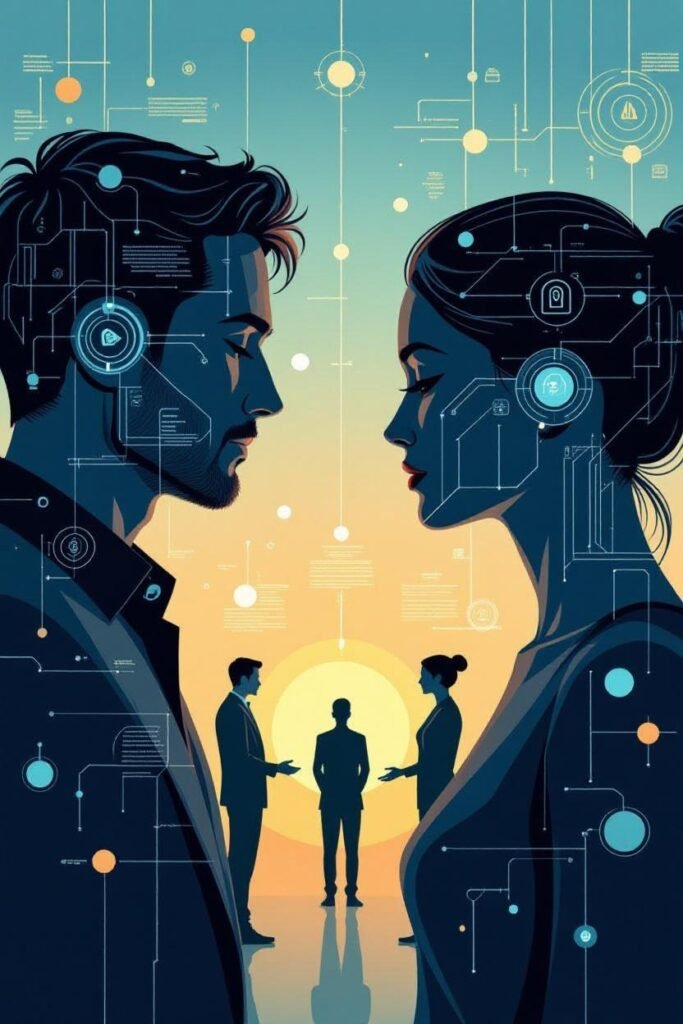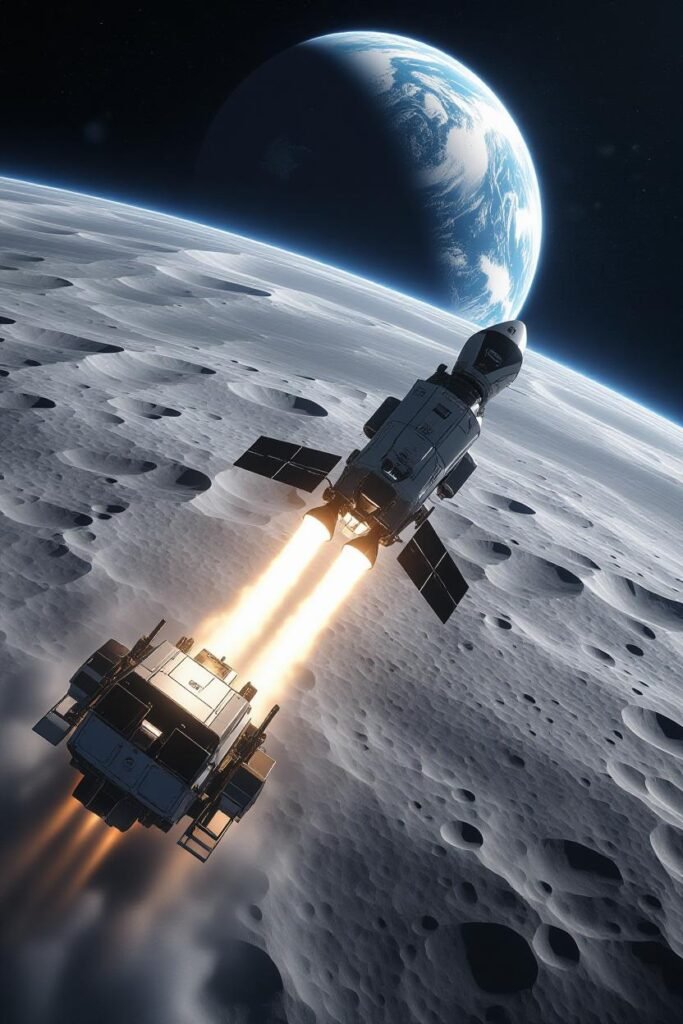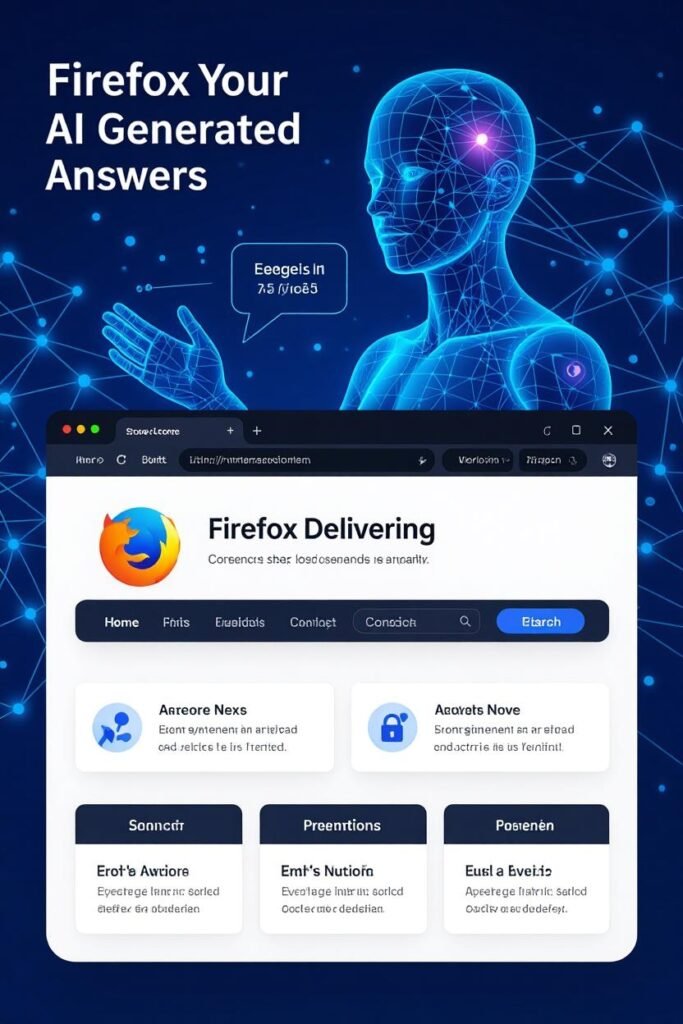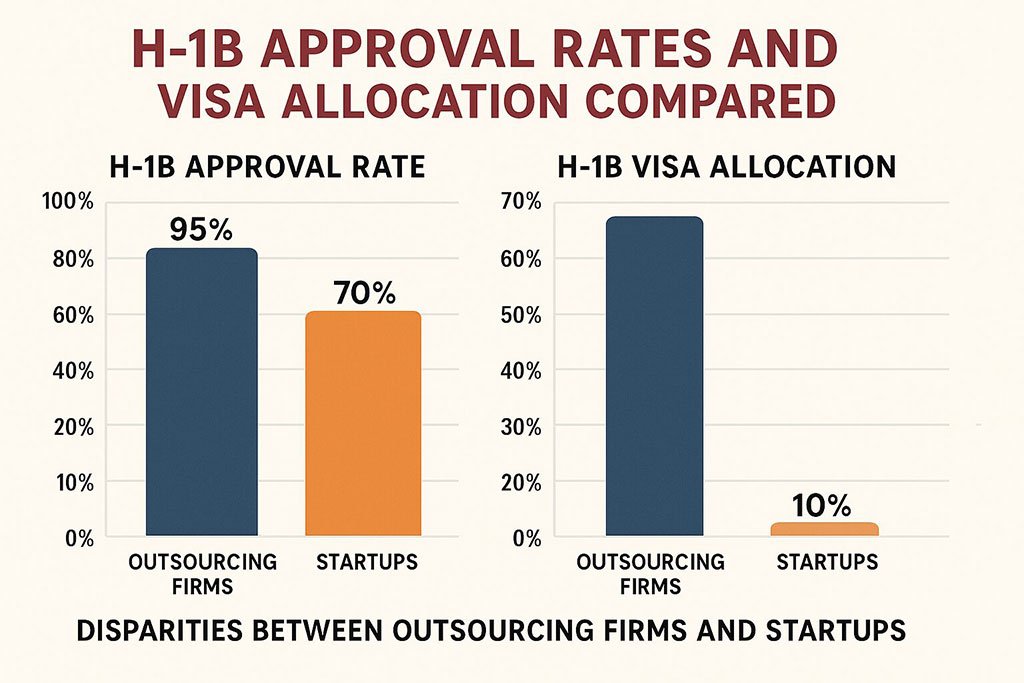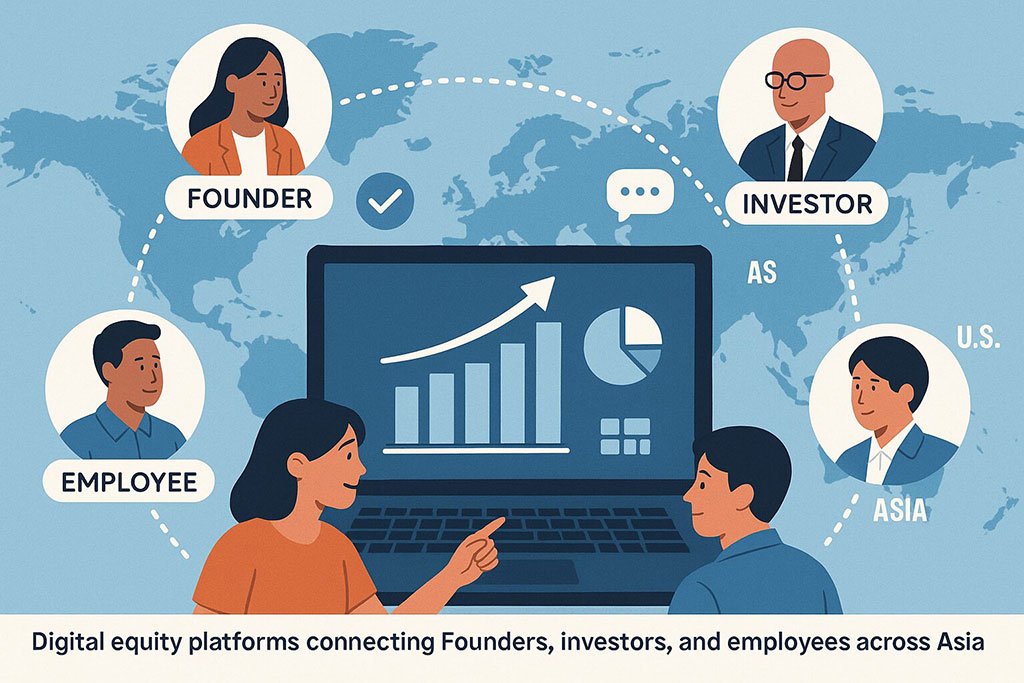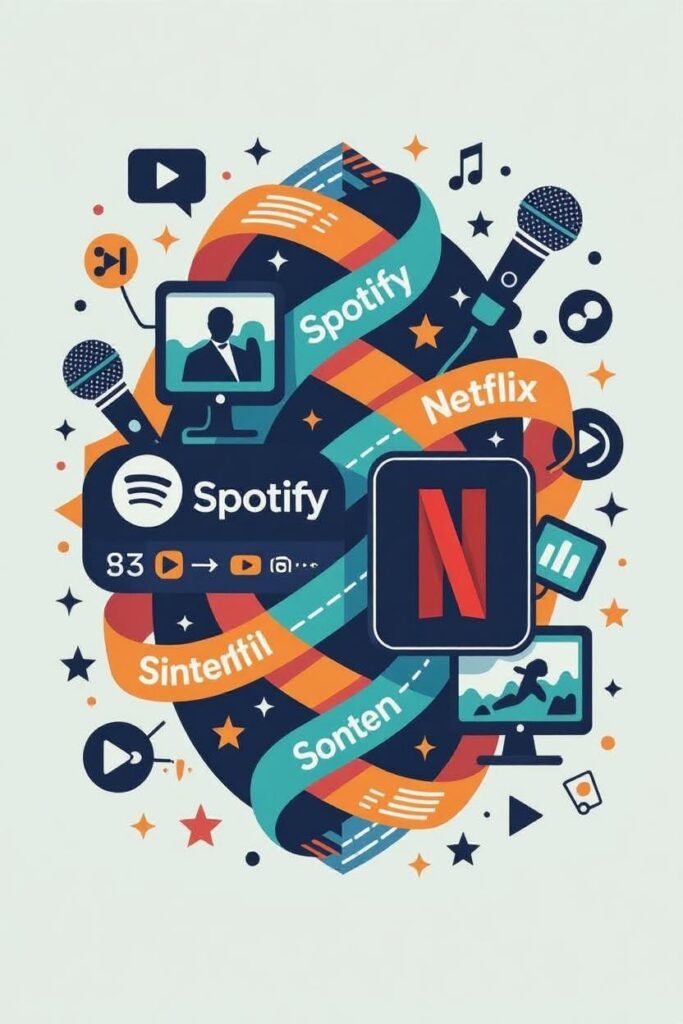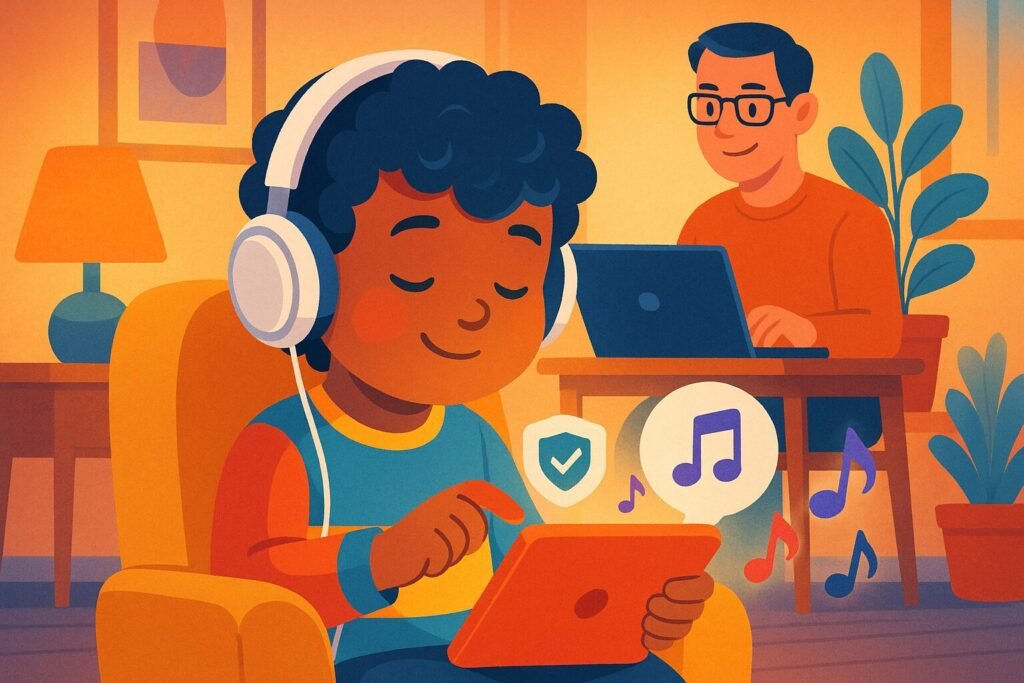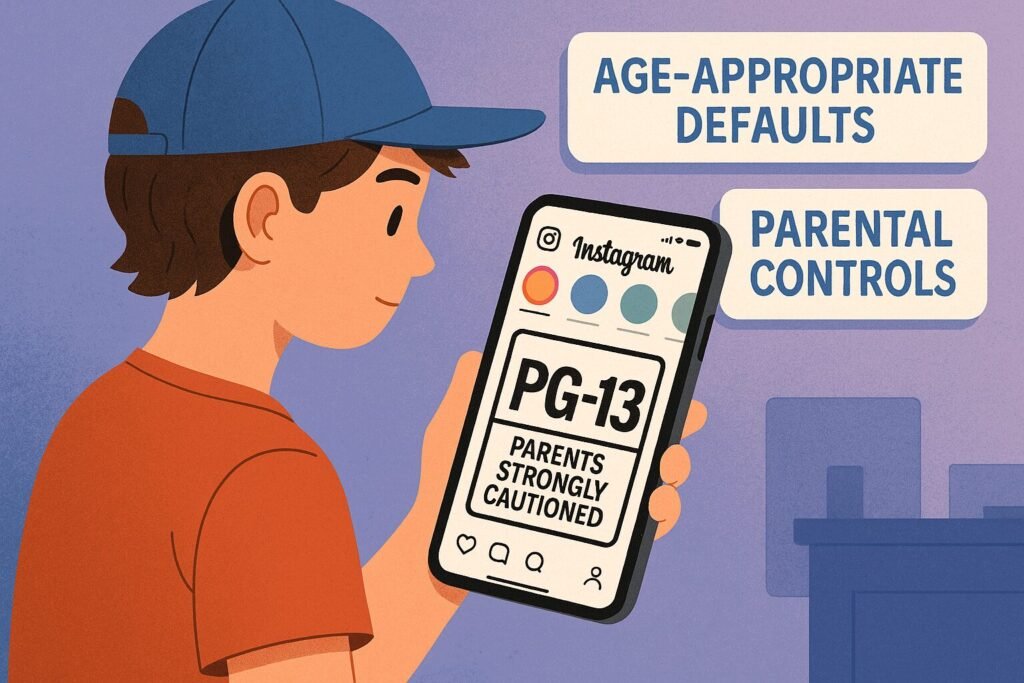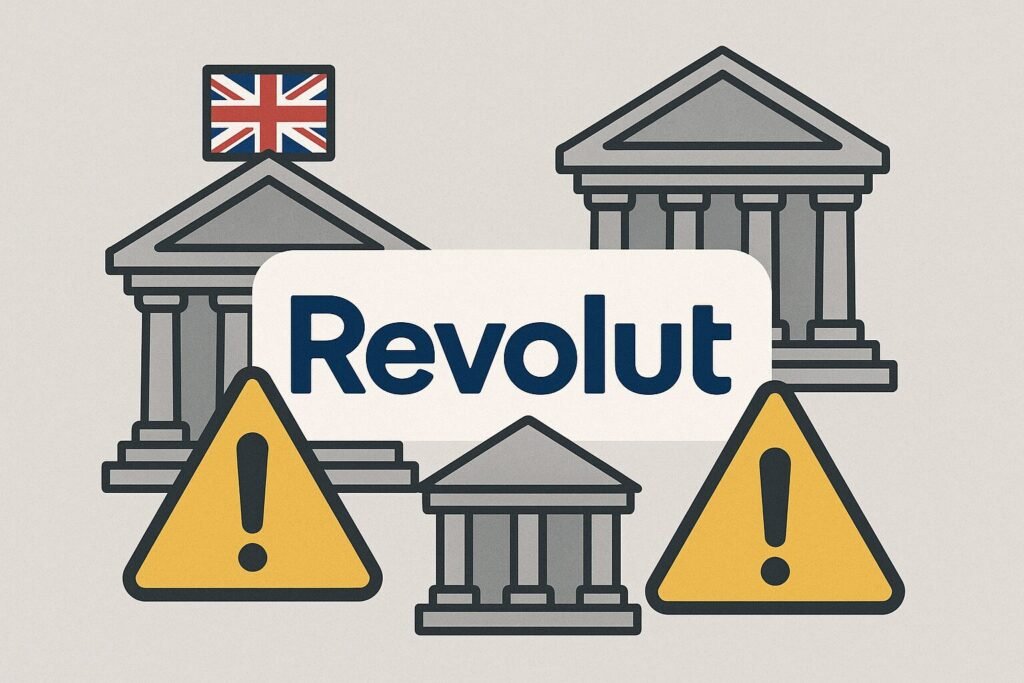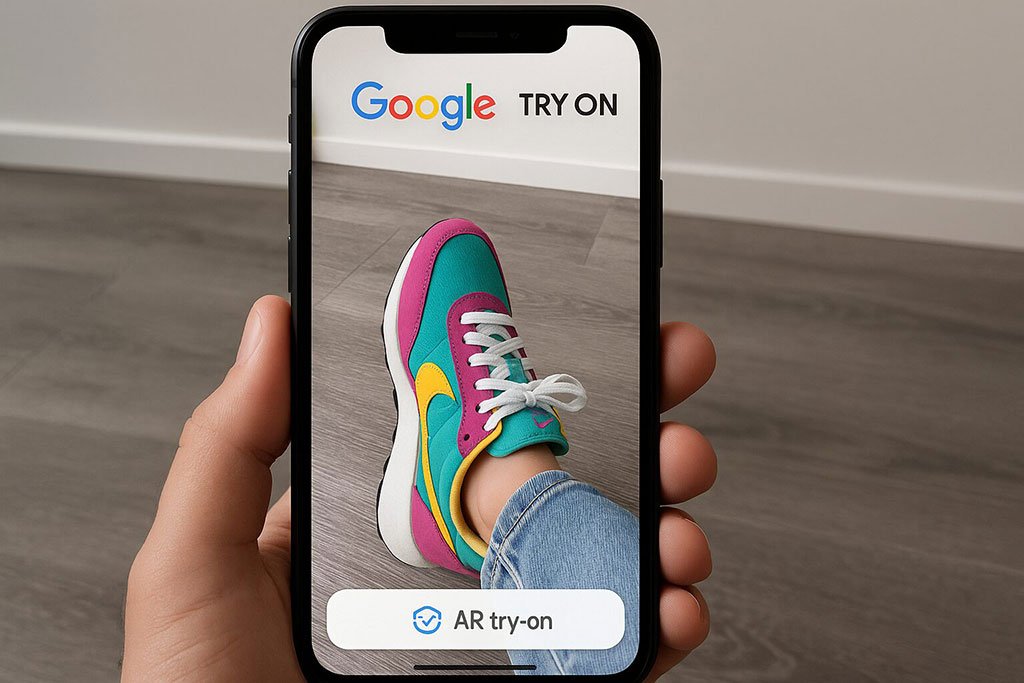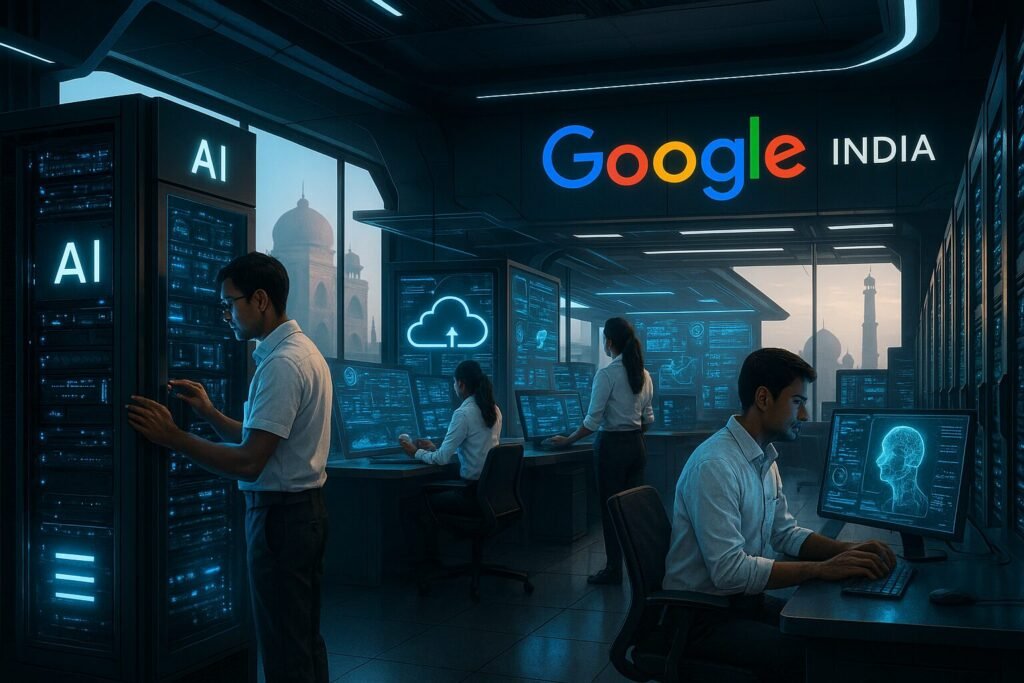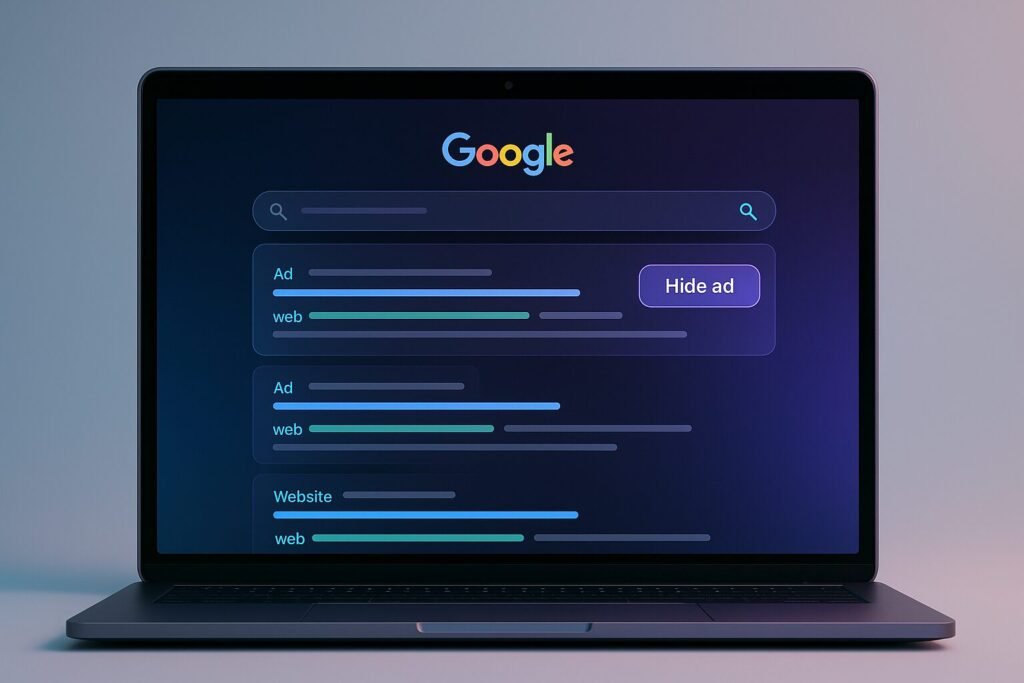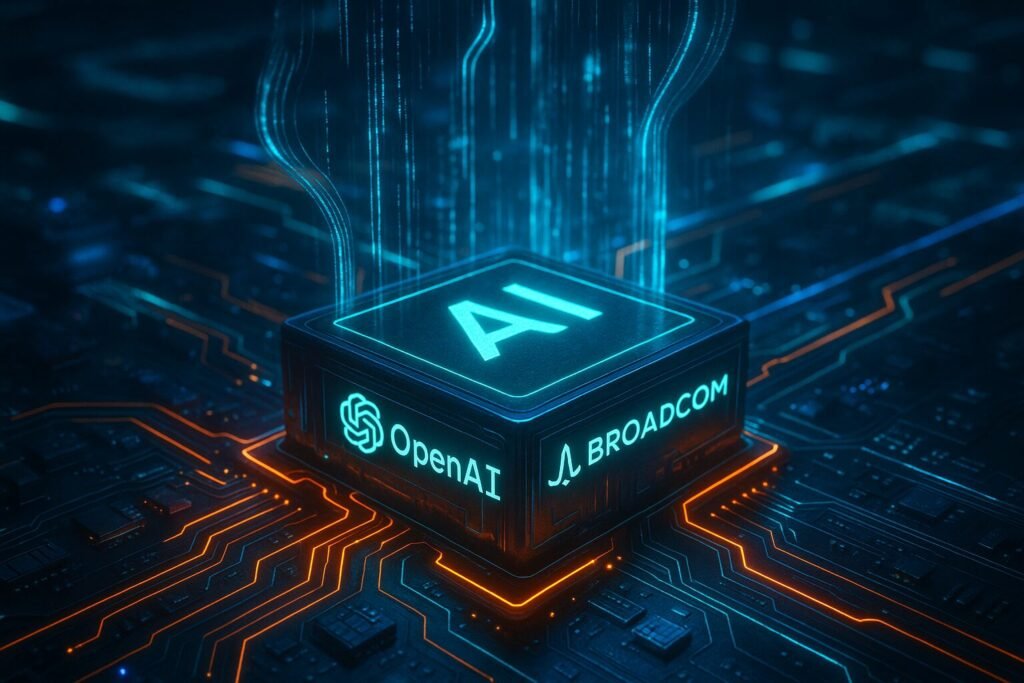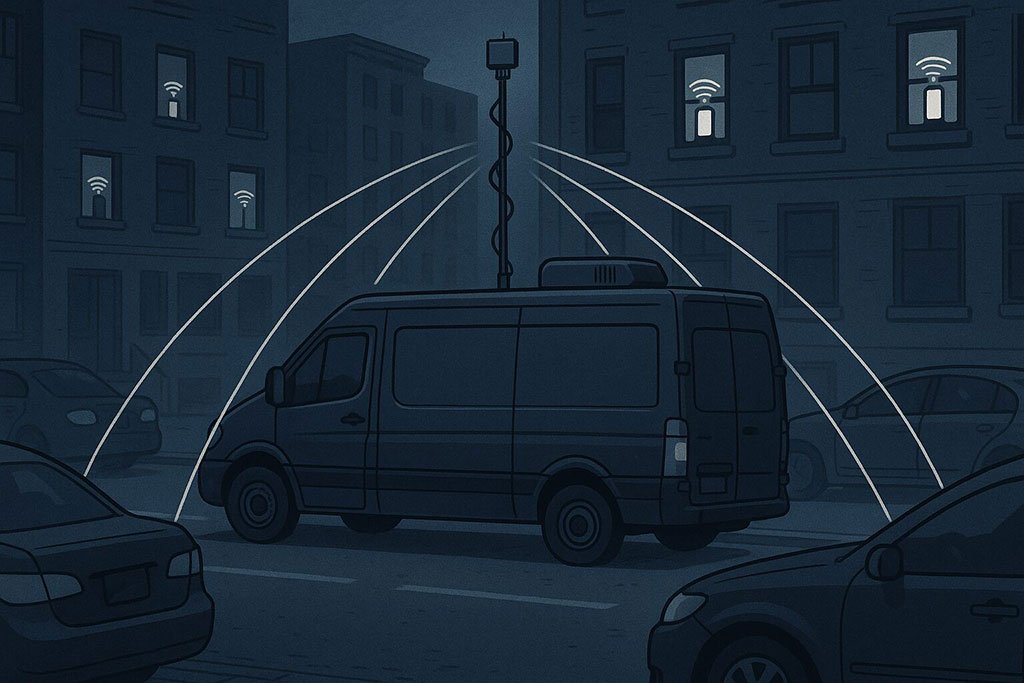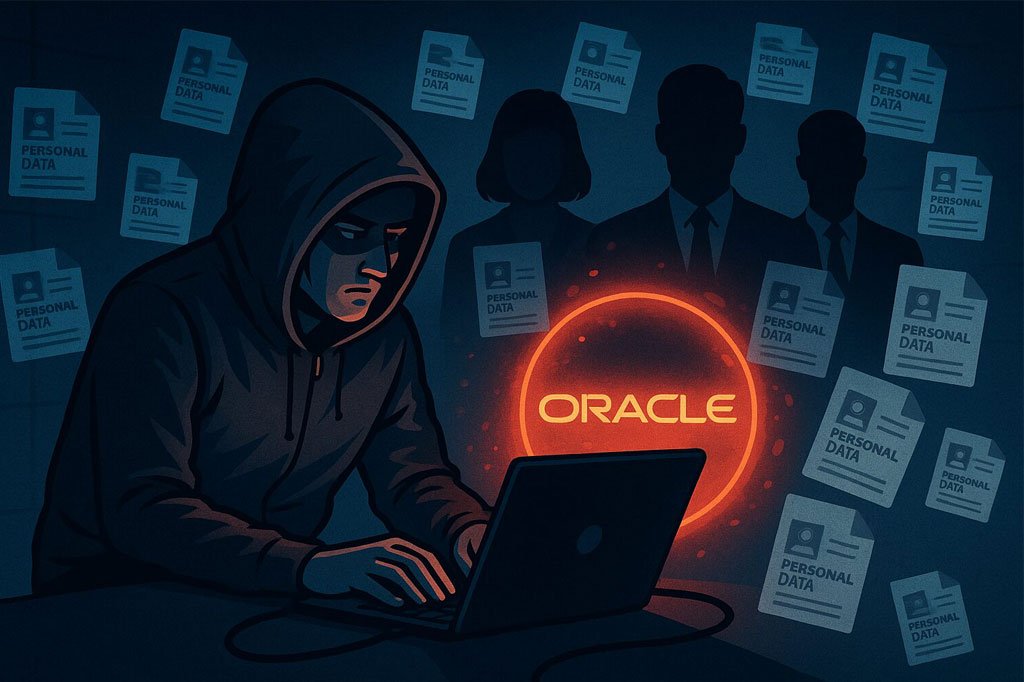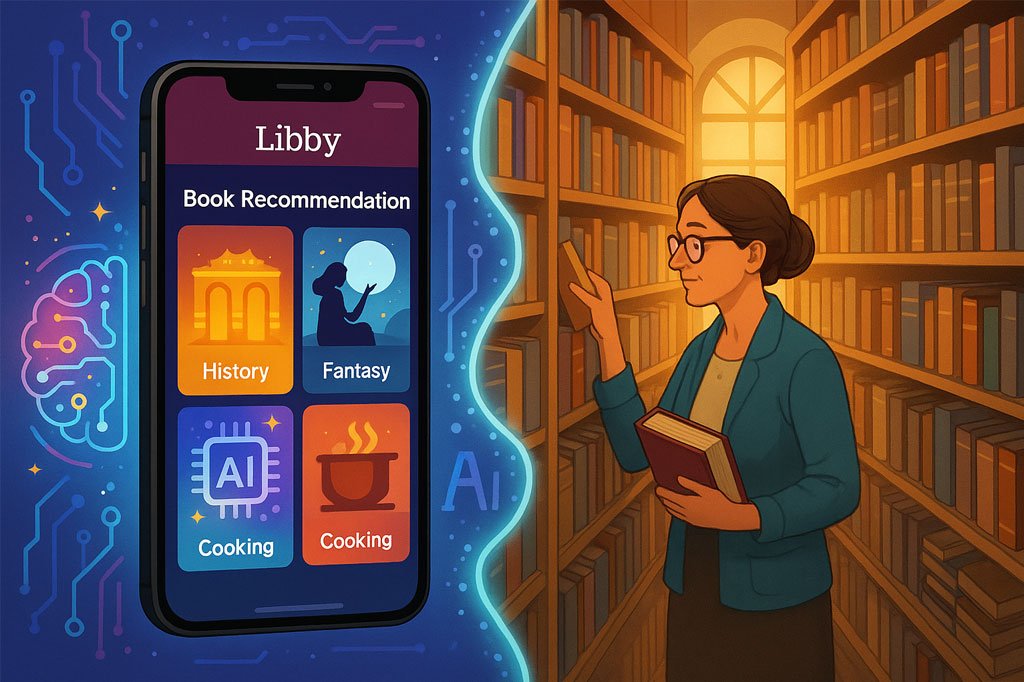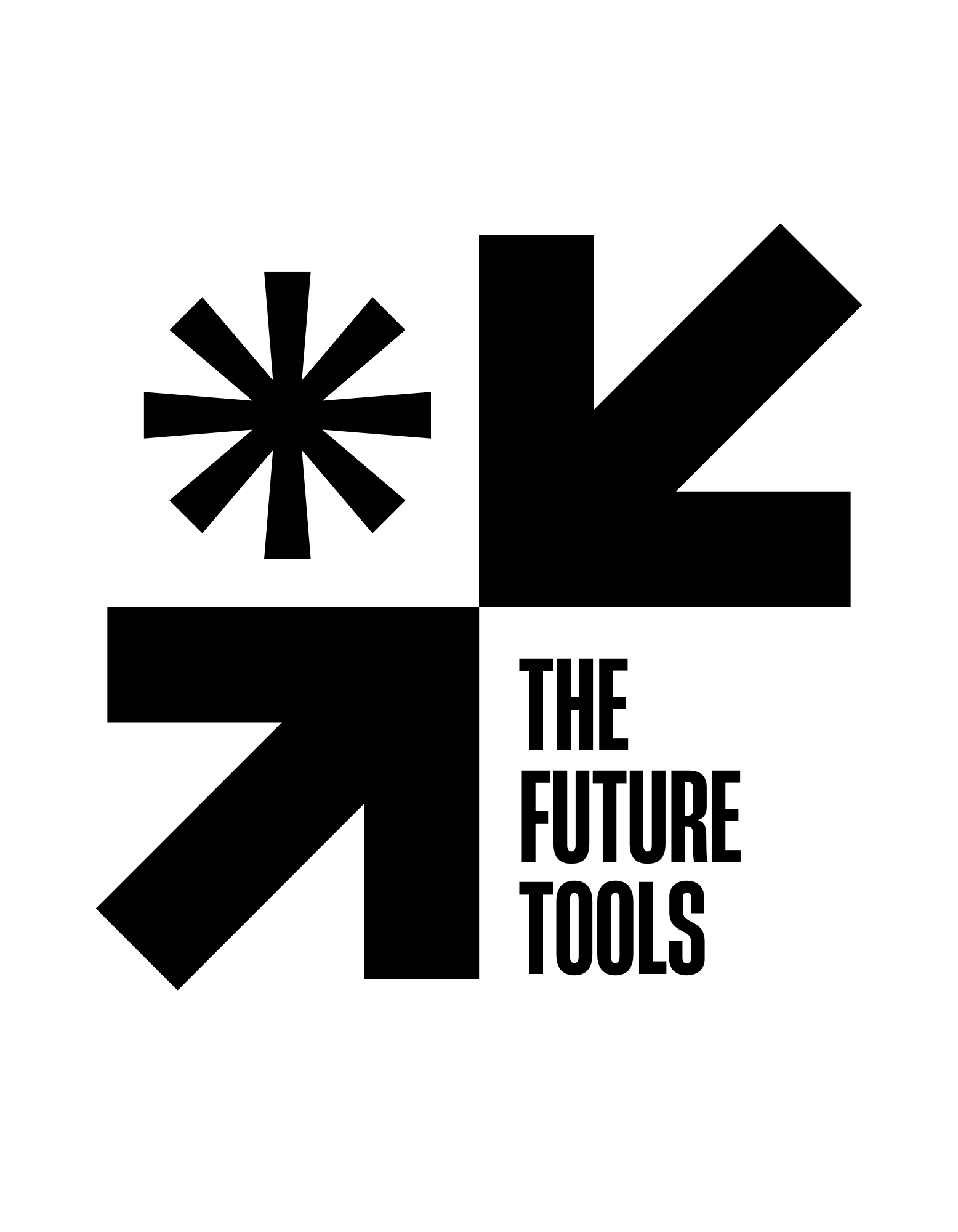Now Reading: Anthropic Settles Lawsuit with Authors Over AI Book Training
-
01
Anthropic Settles Lawsuit with Authors Over AI Book Training
Anthropic Settles Lawsuit with Authors Over AI Book Training
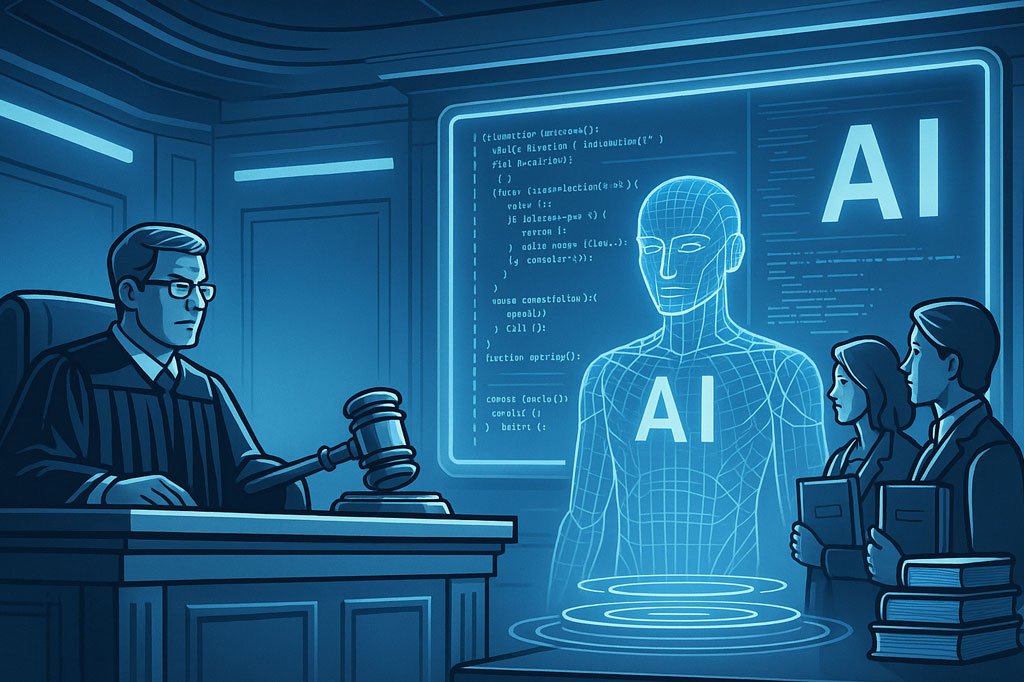
Anthropic, a prominent AI company backed by Amazon and Alphabet, has settled a high-profile class-action lawsuit with a group of authors. The lawsuit, filed in 2024, centered on Anthropic’s use of copyrighted books to train its large language model (LLM), Claude. This settlement marks a critical moment in the ongoing debate over intellectual property rights and the ethical use of data in AI development.
Background of the Lawsuit
The case, known as Bartz v. Anthropic, was initiated by authors Andrea Bartz, Charles Graeber, and Kirk Wallace Johnson. They alleged that Anthropic used pirated versions of their books, along with millions of other copyrighted works, to train Claude without permission or compensation. The authors argued that this practice constituted “large-scale theft,” accusing Anthropic of profiting from their intellectual property to build a multi-billion-dollar business.
The controversy stemmed from Anthropic’s creation of a “central library” containing over 7 million digitized books, many of which were allegedly sourced from piracy websites like LibGen and PiLiMi. While Anthropic maintained that its use of these materials for AI training was protected under the U.S. copyright law’s fair use doctrine, the plaintiffs contended that the unauthorized downloading and storage of their works violated their rights.
Key Legal Issues at Stake
The lawsuit raised two primary legal questions:
- Fair Use in AI Training: Could Anthropic legally use copyrighted books to train its AI models without obtaining permission from the authors?
- Piracy and Copyright Infringement: Did Anthropic’s acquisition and storage of pirated books for its “central library” constitute a violation of copyright law?
In June 2025, U.S. District Judge William Alsup issued a mixed ruling. He determined that Anthropic’s use of books for training Claude was “exceedingly transformative” and qualified as fair use, as the AI did not reproduce the authors’ works or replicate their creative elements. However, he also ruled that Anthropic’s downloading and storage of pirated books was not fair use and infringed on the authors’ copyrights, potentially exposing the company to significant damages.
The Settlement: What We Know
On August 26, 2025, Anthropic announced that it had reached a settlement with the authors, as detailed in a filing with the Ninth Circuit Court of Appeals. The terms of the settlement remain undisclosed, and Anthropic has declined to comment further. The settlement averted a trial scheduled for December 2025, which could have resulted in billions of dollars in damages due to statutory penalties of up to $150,000 per infringed work under U.S. copyright law.
The decision to settle came after Judge Alsup granted class-action status to the lawsuit in July 2025, allowing the three authors to represent a broader group of writers whose works were allegedly used by Anthropic. This ruling increased the potential financial liability for Anthropic, prompting the company to explore settlement options rather than face a costly trial.
Implications for the AI Industry
The Anthropic settlement has far-reaching implications for the AI industry, particularly in how companies source data for training their models. While the fair use ruling was a victory for AI developers, the court’s stance on pirated materials underscores the importance of legally acquiring training data. This case sets a precedent that could influence similar lawsuits against other AI companies, such as OpenAI and Meta, which face comparable allegations from authors, artists, and publishers.
The settlement also highlights the tension between technological innovation and intellectual property rights. AI companies argue that fair use protections are essential for advancing AI technology, as paying for every piece of training data could hinder development. Conversely, authors and creators contend that their livelihoods are threatened when their works are used without compensation, especially when sourced from unauthorized platforms.
The Broader Context: AI and Copyright Law
The Anthropic case is part of a broader wave of litigation challenging the use of copyrighted materials in AI training. Authors like Ta-Nehisi Coates, Michael Chabon, and Sarah Silverman have filed similar lawsuits against AI companies, alleging unauthorized use of their works. These cases underscore the need for clearer legal frameworks to address the unique challenges posed by generative AI, which relies on vast datasets to produce human-like outputs.
The fair use doctrine, established in U.S. copyright law in 1976, was not designed with AI in mind. As a result, courts are grappling with how to apply it to modern technologies. Judge Alsup’s ruling emphasized that AI training is transformative when it creates new outputs rather than reproducing copyrighted works. However, the issue of data acquisition remains a sticking point, as downloading pirated materials is unambiguously illegal.
What’s Next for Anthropic and the Authors?
For Anthropic, the settlement avoids a potentially devastating financial penalty but does not resolve the broader ethical and legal questions surrounding AI training practices. The company has reportedly shifted its approach, hiring experts to legally acquire books and avoid reliance on pirated sources. This change reflects a growing awareness among AI companies of the need to balance innovation with respect for intellectual property.
For authors, the settlement provides some measure of justice, though the lack of transparency regarding the terms leaves questions about the extent of compensation. The Authors Guild, a vocal advocate for writers’ rights, has expressed disappointment with the fair use ruling but sees the piracy aspect of the case as a potential deterrent for AI companies using unauthorized sources.
The Anthropic settlement marks a pivotal moment in the evolving relationship between AI technology and copyright law. While the fair use ruling supports AI companies’ ability to train models on copyrighted materials, the condemnation of pirated data acquisition serves as a warning to the industry. As AI continues to transform industries, stakeholders must navigate the delicate balance between fostering innovation and protecting creators’ rights. This case is likely to influence future legal battles and shape the ethical standards for AI development in the years to come.


